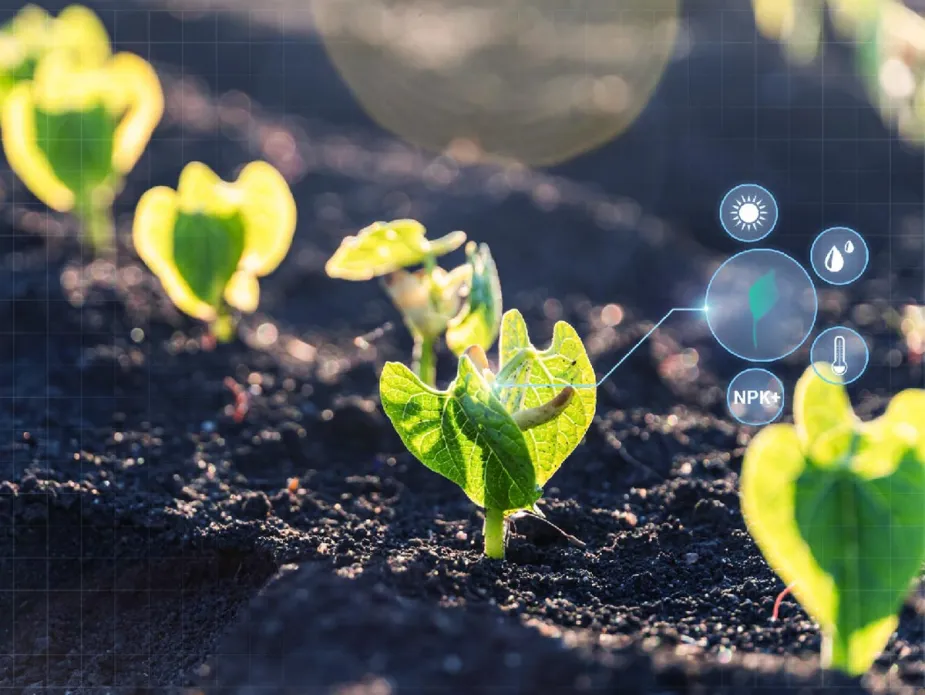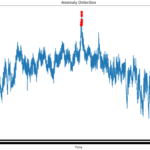In recent years, Artificial Intelligence (AI) has emerged as a transformative force across various industries, and agriculture is no exception. In a country like India, where agriculture is a crucial sector employing a significant portion of the population, the integration of AI has the potential to revolutionize farming practices. One of the key areas where AI is making a substantial impact in crop disease detection and precision farming.
Crop Disease Detection:
Traditionally, farmers have relied on visual inspection and experience to identify crop diseases. However, this manual approach is often time-consuming and may not be accurate, leading to substantial crop losses. AI-powered technologies are changing this scenario by providing efficient and precise crop disease detection solutions.
AI algorithms analyse data from various sources, including satellite imagery, sensors, and on-field cameras, to detect early signs of crop diseases. These algorithms can identify subtle changes in plant health that may not be visible to the human eye. This early detection allows farmers to take prompt action, such as targeted pesticide application or isolation of infected crops, minimizing the spread of diseases and optimizing yield.
Several startups and organizations in India are actively developing AI-based crop disease detection systems tailored to local crops and environmental conditions. These technologies not only enhance the accuracy of disease identification but also empower farmers with timely information to make informed decisions.
Precision Farming Solutions:
Precision farming, also known as precision agriculture, involves using technology to optimize various aspects of farming. AI plays a pivotal role in precision farming by processing vast amounts of data to provide actionable insights for farmers.
In India, where agriculture is diverse and varies across regions, precision farming solutions must be adaptable to different crops and climates. AI algorithms analyze data from sensors, weather stations, and historical farming practices to create personalized recommendations for farmers. For example, the system may suggest optimal irrigation schedules based on soil moisture levels or recommend specific fertilizers based on soil nutrient content.
One of the significant advantages of precision farming is resource optimization. By precisely applying inputs like water, fertilizers, and pesticides, farmers can reduce waste and minimize environmental impact. This not only benefits the farmers economically but also contributes to sustainable agriculture practices, a crucial consideration for the long-term health of the sector.
Challenges and Future Outlook:
While AI in agriculture presents numerous opportunities, there are challenges that need to be addressed for widespread adoption. Issues such as data privacy, connectivity in remote areas etc are important considerations.
Looking ahead, the future of AI in agriculture in India seems promising. Continued research and development, along with government support, can pave the way for more accessible and tailored AI solutions for Indian farmers. As technology becomes more affordable and user-friendly, the benefits of AI in crop disease detection and precision farming are likely to reach even the smallest and most remote farms.
AI is transforming the landscape of agriculture in India by providing innovative solutions for crop disease detection and precision farming. The integration of AI technologies empowers farmers with timely information and contributes to the overall sustainability of the agriculture sector.
As these technologies continue to evolve, the vision of a technologically advanced and resilient agricultural sector in India is within reach, promising a brighter and more productive future for farmers across the country.
















Leave a comment